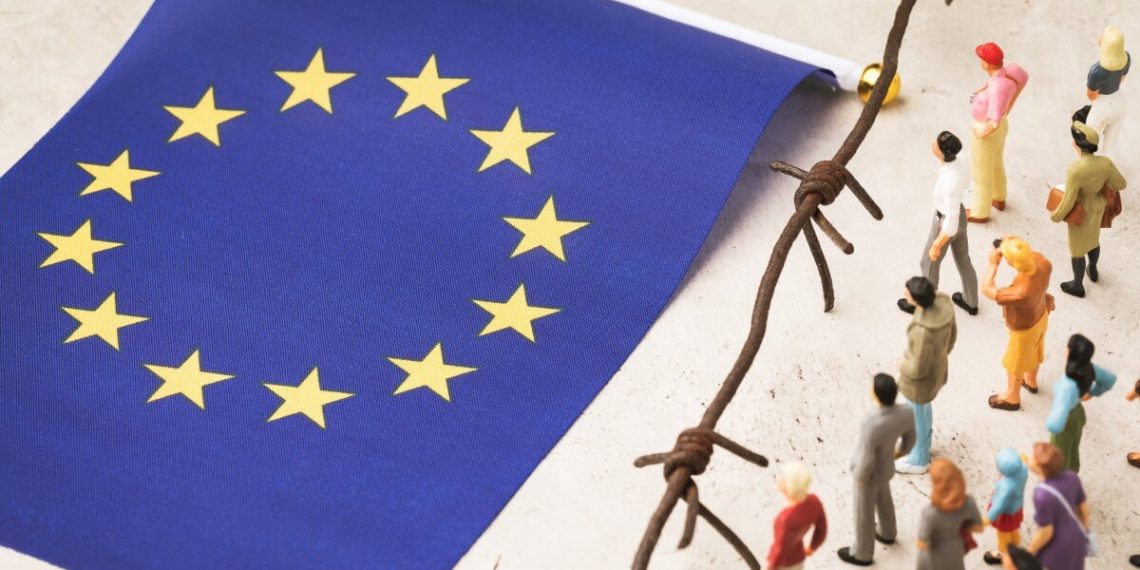The need to finalize the Migration Asylum Pact has been emphasized by the United Nations High Commissioner for Refugees (UNHCR) in order to protect the human rights of asylum seekers in European Union countries. Hungary and Belgium, who will hold the rotating presidency of the Council of the European Union this year, have been urged to prioritize the Pact’s implementation.
The UNHCR has stressed the importance of ensuring the proper implementation of reforms aimed at protecting the rights and safety of asylum seekers within the EU. The organization hopes that the Pact will be a step in the right direction and has called on the EU Presidencies to mobilize the necessary political will as it enters its final and crucial phase.
Migration is a complex issue, and in response to this, the President of the European Commission proposed a new EU Pact to establish clear rules ensuring all EU countries share the same responsibility. After three years of negotiations, the European Parliament and Council reached a political agreement on the Pact on Migration and Asylum, consisting of five key proposals.
Once officially approved, the essential elements of the New Pact on Migration and Asylum will be established, with detailed laws adopted and assistance provided to Member States for implementing new rules in their national legislation.
Despite welcoming the political agreement, the UNHCR emphasizes the need to implement the Pact with sufficient safeguards to ensure its effectiveness. This comes as dangerous practices, such as refusing access to the territory and rejecting people, continue to present a challenge.
The European Border and Coast Guard Agency Frontex revealed that the number of irregular border crossings into the EU reached its highest recorded level since 2016 in 2023. The Central Mediterranean was the most used route for migration, with the highest total reported since 2016 in the first 11 months of the year. These figures highlight the need for a coordinated and effective approach to asylum and migration within the EU.
Still have some travel questions? Ask in our Travel WhatsApp Group.








